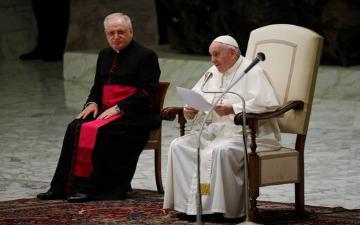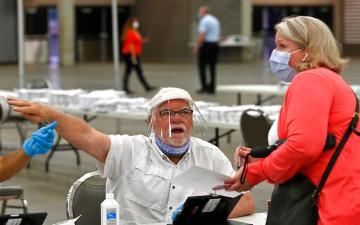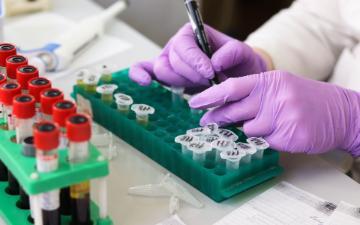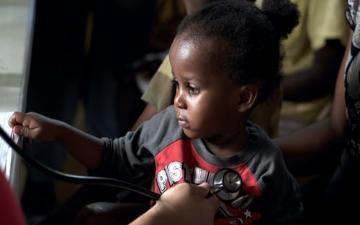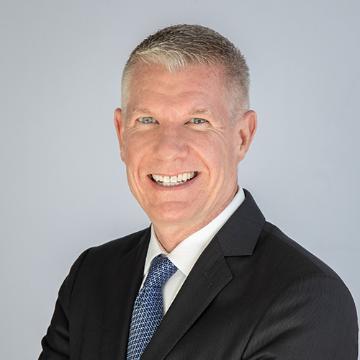
Bioethics Fellow
Charles E. Binkley, MD, joined the Markkula Center as the director of bioethics, and later bioethics fellow, after 14 years as a practicing hepatobiliary and pancreas surgeon and physician leader in bioethics. After completing his undergraduate degree in Classics and Philosophy at St. Meinrad Seminary, Dr. Binkley attended Georgetown University School of Medicine, graduating magna cum laude. He completed his surgery residency at the University of Michigan, spending two years as an NIH-sponsored Gastrointestinal Surgery Fellow. During his fellowship, his research focused on the molecular genetics of pancreatic cancer, particularly differential gene expression in malignant pancreatic cells.
After completing his surgical training, Dr. Binkley joined the Permanente Medical Group. At Kaiser Permanente in San Francisco he was Chairman of the Medical Center Ethics Committee, President of the Professional Staff, and Chief of Inpatient Quality. Dr. Binkley led the clinical ethics consultation service at the San Francisco Medical Center and contributed to ethics policy development and implementation on the state and regional levels. He has been an invited speaker at medical centers and hospitals in the United States and internationally, and acted as an ethics consultant to the American Gastroenterological Association.
Binkley served on the Committee on Ethical, Legal, and Judicial Affairs of the California Medical Association, as well as on the Board of Directors of the San Francisco Medical Society, and the program committee of the Society for Surgery of the Alimentary Tract. He is also a Fellow of the American College of Surgeons.
Binkley’s work is focused on professional autonomy, health care quality, and the ethical application and equitable distribution of biotechnology. He also has an interest in the medical humanities, particularly physician morality and human suffering as they are embodied in film and literature. His writings have appeared in the Journal of the American College of Surgeons, Annals of Surgery, Molecular and Cellular Biology, Cancer Research, Verdict, and Bioethics.net.
The impact of the COVID-19 pandemic on the airline industry and the duty of airlines to protect employees' public health interests.
Two features of AI/ML in clinical decision making raise important ethical and legal questions about how to assign responsibility for medical decisions.
- A Right or a Privilege? How to Practically and Ethically Reconcile Two Opposing Views of Health Care
The debate over whether health care is a right or a privilege comes down to how much burden society is willing to accept in order to provide health care to those who lack it. There may be a compromise.
Catholic bishops in the United States are split about the morality of using a COVID-19 vaccine.
Recently released statements by Pope Francis create tension between the petitioners’ moral claims and legal arguments in Fulton v. City of Philadelphia
Voting is a vital component of our democracy. By following these simple steps, you’ll ensure a safe experience at the polls during the 2020 election.
A three-step process and a framework of questions to make ethical reporting decisions, with recent convalescent plasma reporting as an example.
The question of re-opening schools should be based on moral and ethical consideration.
The simultaneous COVID-19 pandemic and Black Lives Matter movement highlighted the need to address systemic racism in the practice and delivery of health care.




